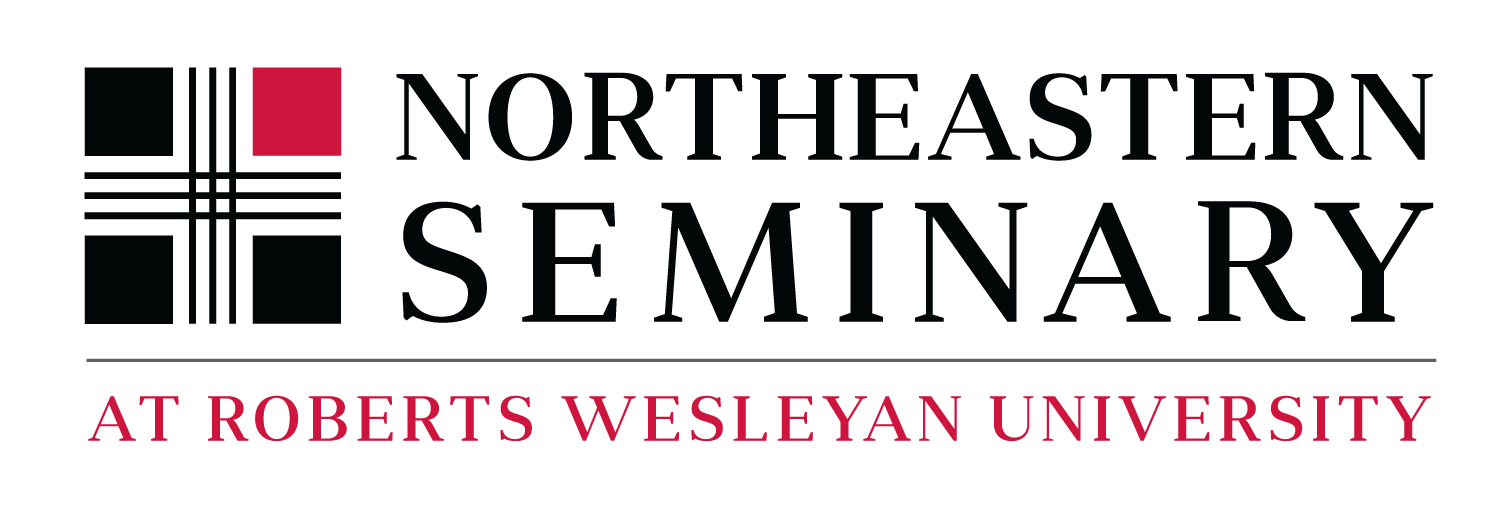On July 1, 2024, Northeastern Seminary merged with Roberts Wesleyan University. Although the two institutions had always remained close and had been in several ways intertwined, this new reconfiguration of our institution has opened up many exciting vistas. To name a few, we welcome new associate and bachelor students, can begin offering dual degrees, and organize larger interdisciplinary events. In all of this, we hope to expand on the core tenet of our vision: to prepare Christ-centered men and women for faithful and effective service to the church and the world.
Northeastern Seminary is where the unchanging essentials of biblical and historic Christianity are combined with a responsive attitude toward contemporary culture—where Christ-centered people of different ages, ethnicities, and denominations gain the theological understanding, spiritual formation, and proven skills necessary for effective ministry to the church and the world.
The new reality, however, brings new challenges and growth pains. Incidentally, I was appointed a dean of this new School of Theology and Northeastern Seminary, and therefore, matters of transition are currently at the forefront of my mind. One particular Scripture passage—one over which my students and I deliberated several times—continues to speak into this fresh stage of our ministry.
In the central part of the book of Numbers, Israel is constantly on the move. Chapter 10 spells out how such movements begin. Firstly, Israel should watch the pillar of cloud or fire hovering over the Tabernacle. Once the pillar sets off, the people should begin journeying. I imagine that this sign of breaking up the camp could come as a reprieve when the people camped in a waterless and rough terrain. However, it had to be difficult to leave a comfortable oasis where life was pleasant and easy. Nevertheless, if we believe in the Lord of life, we need to follow the cloud irrespective of our feelings. The important question is where the cloud is moving and not if we wish to stay in this valley or not. Therefore, I am trying to ask daily: Where is God leading us now even if it goes against my instincts?
Secondly, once Israel spotted the movement atop the Tent of Meeting, it set off toward another place. The verb “set off,” which occurs again and again in the wilderness travels, literally means to “pull out” because it originally depicted the act of pulling out tent pegs so that the temporary shelter may be packed and the people could start walking. When we sense God’s leading, we need to discover what kind of stakes hold us down. And then we need to exert diligence and strength to remove these objects so that we can move ahead. Every journey thus begins on our knees, looking for the tent pegs that prevent our mobility, the aspect urgently needed for those constantly on the move. Therefore, I must simultaneously ask: What needs to be pulled out so that I can move on?
Finally, we should not be surprised that the moments of transition are filled with uncertainty and uneasiness. Once the tent stakes are out, the tent falls down and we are left unprotected and also strangely burdened. In transitions, we carry a lot on our backs. We might not feel at home for a while. But that is fine. This is the fate of those following the cloud. This is the privilege of those whose home lies elsewhere.

About the author
Josef Sykora, PhD
Dr. Josef Sykora serves as the dean of the School of Theology & Northeastern Seminary. His earned degrees include a Ph.D. from Durham University in the United Kingdom; M.A. in biblical studies and M.A. in theological studies from Asbury Theological Seminary in Kentucky; and a Master in Law from Masaryk University in Brno, the Czech Republic.